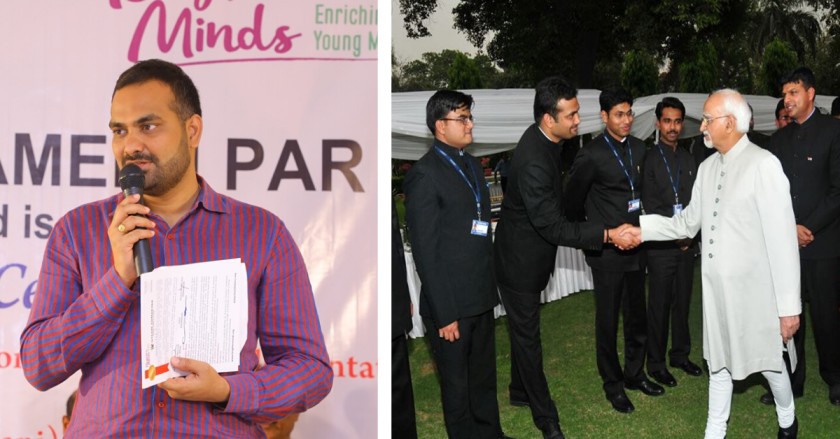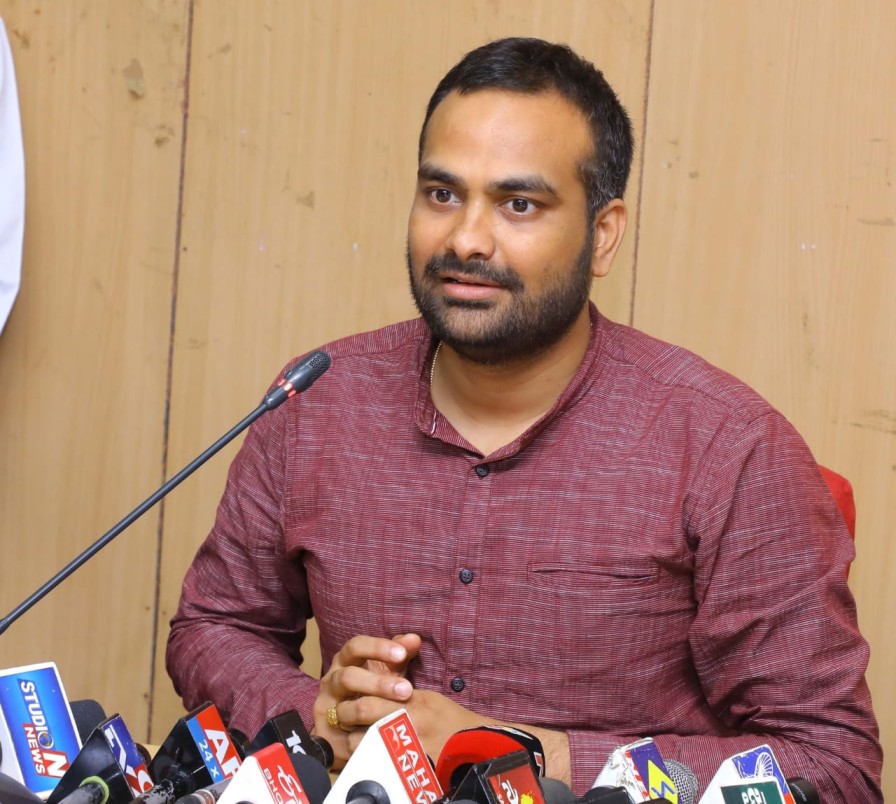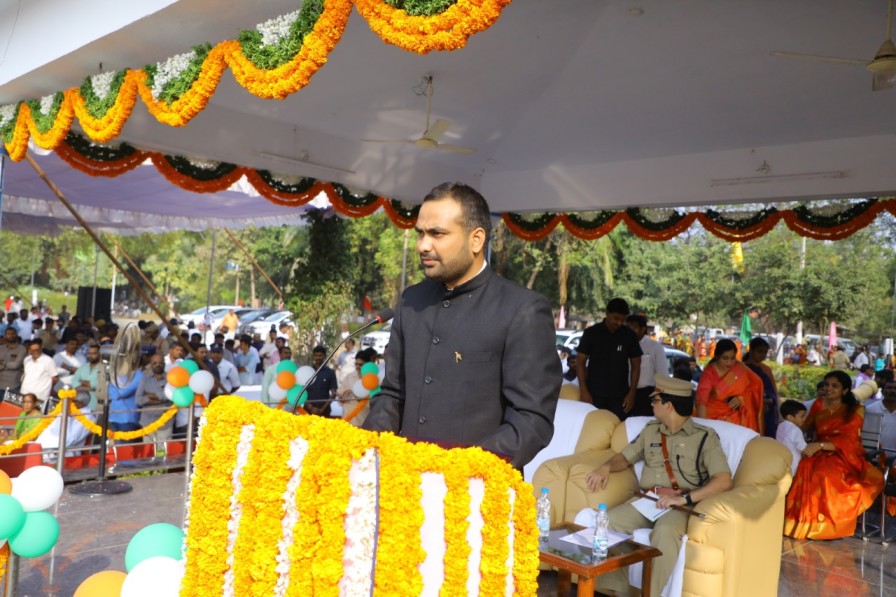Want to Crack UPSC Without Coaching? This IAS Officer’s 2-Hour Technique Can Help
“The lockdown is the most effective time to start out with the 2-hour study technique. If you are working from home but preparing for the civil services, then this is the perfect method to adopt. "

Consistency and hard work are the two key factors for clearing the UPSC examinations. These factors helped Indian Administrative Services officer RV Karnan succeed in his UPSC exams.
Currently posted as the Collector of the Khammam District, Telangana, Karnan says, “I studied for two hours every day continuously for a year which is more than enough.”
Hailing from a middle-class family in Karaikudi in Sivaganga district of Tamil Nadu, Karnan was the first rank holder in the Indian Forest Service Exams, 2007 (IFS). In 2011, he attempted the Civil Services exams but couldn’t qualify but bagged the 158th rank the very next year.
In this conversation, Karnan shares his 2-hour preparation technique and gives tips on studying at home without coaching classes.
Have A Planned Approach

“The lockdown is the most effective time to start out with the 2-hour study technique. If you are working from home but aspiring for the civil services, then strictly set aside two hours in the morning and evening for your preparation,” says Karnan.
While working for the Indian Forest Services in a tribal village in Maharashtra, Karnan decided to follow this strategy for a year for his IAS attempt.
“I divided the syllabus into the days of the year and created a minute to minute schedule. Even if I had a very stressful or tiring day, I would always go back to my books. The civil services exam is a process involving three exams spread over 12 months, so you have to remember to plan accordingly and ensure that the plan you chart out is practical,” he explains.
“For instance, I read all the newspaper articles and current affairs on my phone while I was travelling. And during my two-hour preparation, I answered previous year question papers and answered online mock tests,” he adds.
Understanding The Expectation

“Each section of the civil services examination requires the candidate to prove different kinds of skills. The prelims, for example, test the ability of the candidate to understand a concept. Rather than remembering numbers or statistics, it is a section for you to prove your comprehension ability,” he explains.
Karnan goes on to explain his experience during the interview round, where he couldn’t answer many questions but was honest to accept he didn’t have the answers.
“If I had lied to them and given them made up answers, maybe I wouldn’t have become an IAS officer. The interview round is mainly to test your confidence, your attitude, tolerance and to see if you have a sense of purpose to serve the nation,” he adds.
Finding The Right Study Material For UPSC
“There are books and online sources which are easily available at the tip of our fingers but finding the right one can be quite confusing. Since I came from a middle-class family, I couldn’t just hoard all the books at once. So I researched keeping in mind my main subjects which were Geography and Agriculture,” he shares.
He used books like A Brief History of Modern India by Rajiv Ahir, Indian Polity by M. Laxmikanth, Indian Economy by Ramesh Singh and Indian Economy – Key concepts by Shankar Ganesh IRS besides the NCERT textbooks.
“These books have been really helpful to me, but since I had written the exam 8 years ago, it is important to find books that suit the new question patterns and syllabus,” he adds.
He informs how several websites like Gk Today, Mrunal.org, insightsonindia.com, pib.nic.in as well as Rajyjasabha TV can be very useful during your UPSC preparation.
“The optional subject is also a very important factor. Choose wisely as the two papers count for 500 marks in the final tally. The subject has to be something that you are truly motivated by,” he adds.
But above everything, Karnan reminds us that being true to our schedule and preparation is the only way to achieve your target.
“And remember, always keep trying. I didn’t clear my mains in my first attempt but that didn’t mean I had given up. The failure only made me stronger,” he concludes.
Here’s a small message from R V Karnan, IAS to all the UPSC aspirants:
Pictures courtesy: R V Karnan
(Edited by Saiqua Sultan)
Like this story? Or have something to share? Write to us: [email protected], or connect with us on Facebook and Twitter.

Similar Story

Ex-IRS Officer’s Free UPSC CSE Course Eliminates Need for Paid Coaching
An IRS officer-turned-educator, Ravi Kapoor has mentored thousands of UPSC aspirants for free. Taking upon his 10 years of bureaucratic experience and masters in clinical psychology, Ravi’s approach to UPSC mentorship has always kept mental fitness and motivation in focus.
Read more >
If you found our stories insightful, informative, or even just enjoyable, we invite you to consider making a voluntary payment to support the work we do at The Better India. Your contribution helps us continue producing quality content that educates, inspires, and drives positive change.
Choose one of the payment options below for your contribution-
By paying for the stories you value, you directly contribute to sustaining our efforts focused on making a difference in the world. Together, let's ensure that impactful stories continue to be told and shared, enriching lives and communities alike.
Thank you for your support. Here are some frequently asked questions you might find helpful to know why you are contributing?


This story made me
-
97
-
121
-
89
-
167












